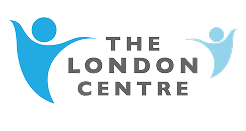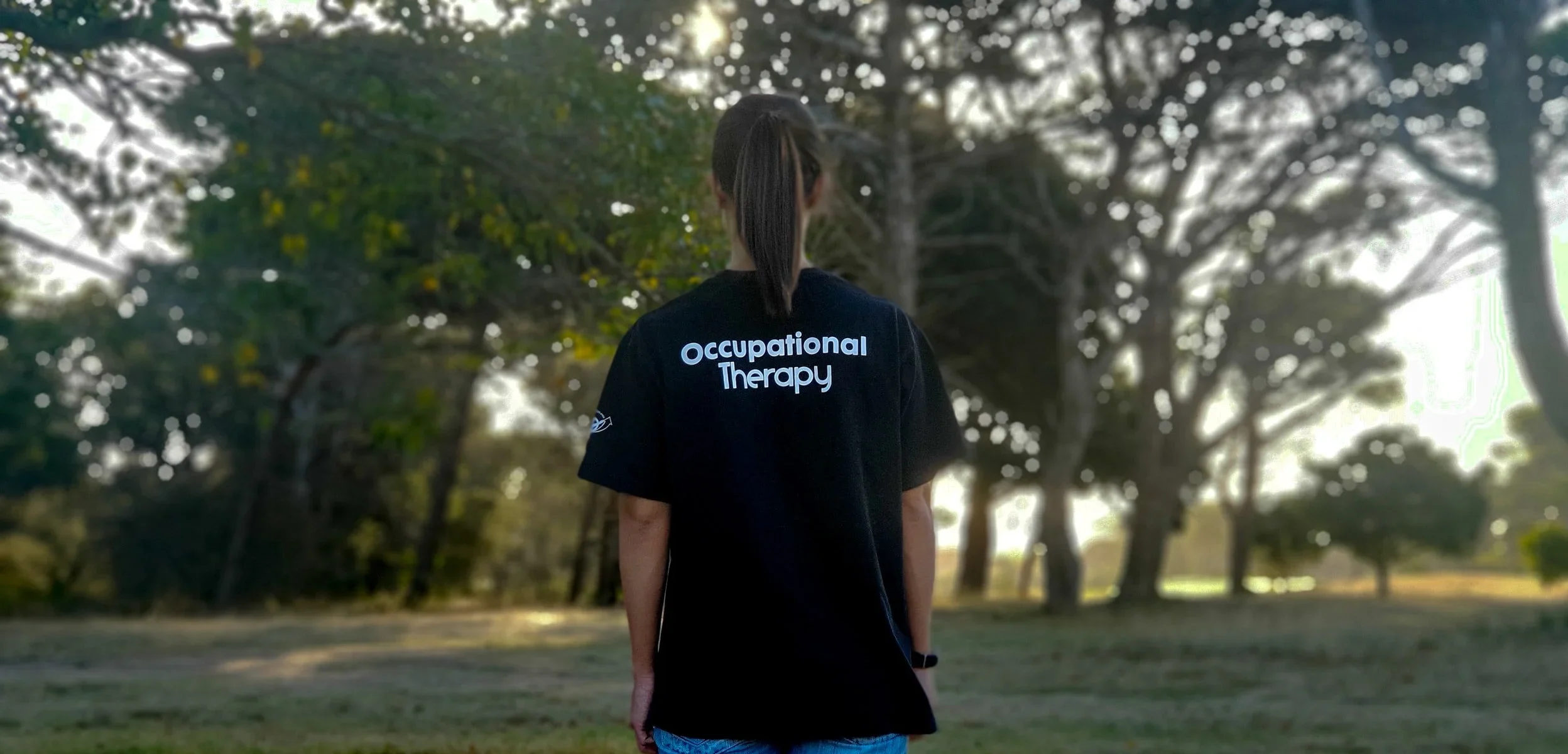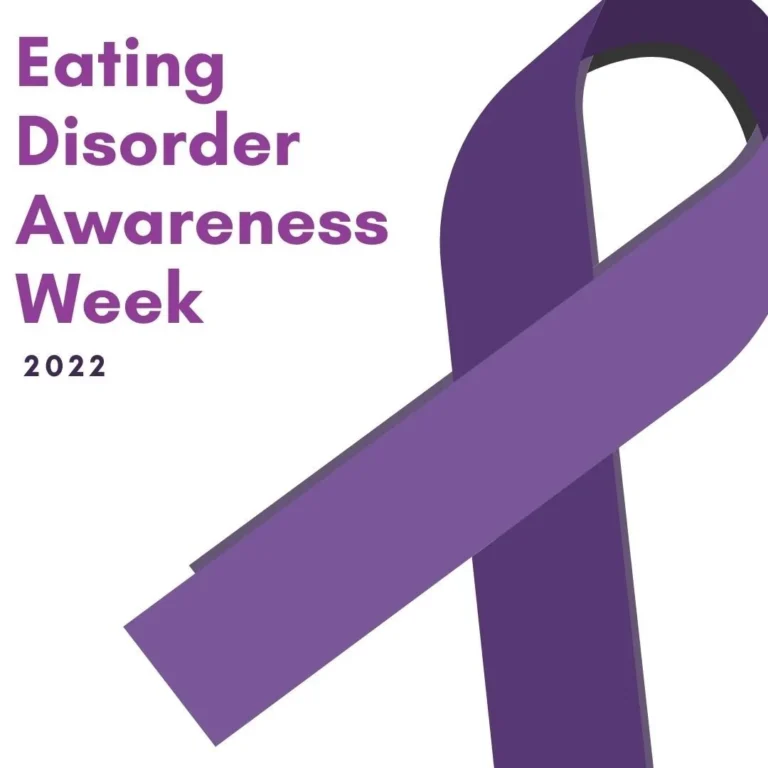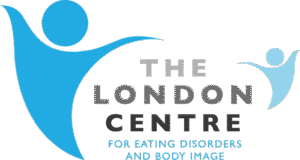The role of Occupational Therapy in eating disorder recovery
Last Updated: 23 February 2026
What does an Occupational Therapist (OT) do?
The main role of an occupational therapist (OT) is to help people better manage any activities that they have been struggling with. Within the field of eating disorders there may be many activities that people find or have found difficult – from the obvious: shopping, cooking and eating, to the more general: socialising, working or exercising. We know that improved ‘functioning’ (being better able to manage day to day tasks) brings improved self-esteem, independence and mood. For this reason, there are many people that benefit hugely from the input of a specialist OT.
What will my work with an OT involve?
Occupational therapy is a more practical, skills-based approach and is often considered the “bridging” therapy between taking what is gained from traditional talking therapy and translating this into actual change in daily life. Many people find talking therapy helpful, but feel that translating these gains into practical changes is much harder. Some people feel they need a little more hand holding or a little more practical support than standard talking therapy can offer.
Occupational therapists support people to explore how their motivation, habits and skills have an impact on their day to day activities, and to identify any barriers or limitations in these areas.
Within eating disorder recovery, occupational therapists play a fundamental role in making recovery “tangible” – helping people to cope confidently with the areas that an eating disorder has made hard. This might include helping people to form new relationships confidently, to improve and increase hobbies and interests, to know how and what to prepare to maintain healthy eating habits, to exercise in a non obsessive or compulsive way, to shop for clothes without preoccupations with body image and to take on new challenges without a harsh inner critic impeding their confidence.
How will my work with an OT help me to change unhelpful patterns of behaviour?
Specialist OTs will use a number of different skills to support people to evoke change – some of the more commonly used strategies are listed below:
Motivational Enhancement Techniques:
After initial assessment our OT’s usual focus is on an individual’s motivation to change unhelpful behaviour patterns, using concrete skills to help people enhance their motivation for change and to prepare and plan for change in whichever areas they would like to change. A collaborative, empathic and supportive approach, identifying barriers to change, and improving coping strategies to help people cope with change are key here.
Functional Skill-Based Engagement:
Often an individual engaging with their recovery journey, may need support in learning and/or incorporating different skills. This might involve challenging thoughts patterns, developing varied behavioural skills or improving emotional coping techniques. OT’s often use a multitude of activities to help support this, and ensure that skills are transferable to other areas of an individual’s life.
Expressive mediums:
Many people with eating disorders have difficulty expressing their thoughts and feelings in standard conversation. The use of alternate mediums such as creative writing or drawing, or talking while engaging in an activity, can facilitate increased access to and expression of the client’s inner life. It is important to note that in learning how to engage with a healthy avenue of self expression, these occupations can be used as a coping strategy when someone feels overwhelmed with anxiety or fear around their change. This further enhances an individual’s self-confidence whilst manoeuvring through challenging aspects of recovery.
Routine and Role Structure:
Another avenue our occupational therapists work within is how individuals spend their time and energy. It is not uncommon for occupational therapists to support people in looking at their time management and daily routines, as well as their goals. They may be found helping clients navigate the content that they see on their social media or addressing thoughts and preoccupations around shape, weight, size and food. Additionally, this may look like helping clients learn how to support spaces of rest and relaxation, as well as productivity and distraction, within their routines.
Diverse Occupational Engagement:
Having an eating disorder can also isolate you from a variety of experiences. Occupational therapists are skilled in supporting social interaction, communication and interpersonal engagement; whilst also playing a role in helping foster awareness and understanding around eating disorders within family and friendship circles. An example of what this might look like is support in returning to university or work, as well as re-engaging in social spaces like social meals out with friends.
To summarise:
Untangling the disorder from an individual’s true self is central to the recovery process. An OT’s specialty in incorporating motivation, values and activity patterns can be especially beneficial for individuals recovering from an eating disorder. Occupational therapists work in all areas of an individual’s life, ensuring that practical, skills-based techniques can be used and implemented to ensure an integration of one’s healing and recovery into daily life.
To find out more about Occupational Therapy at The London Centre for Eating Disorders and Body Image and how it can help you individually, please contact us on info@thelondoncentre.co.uk








